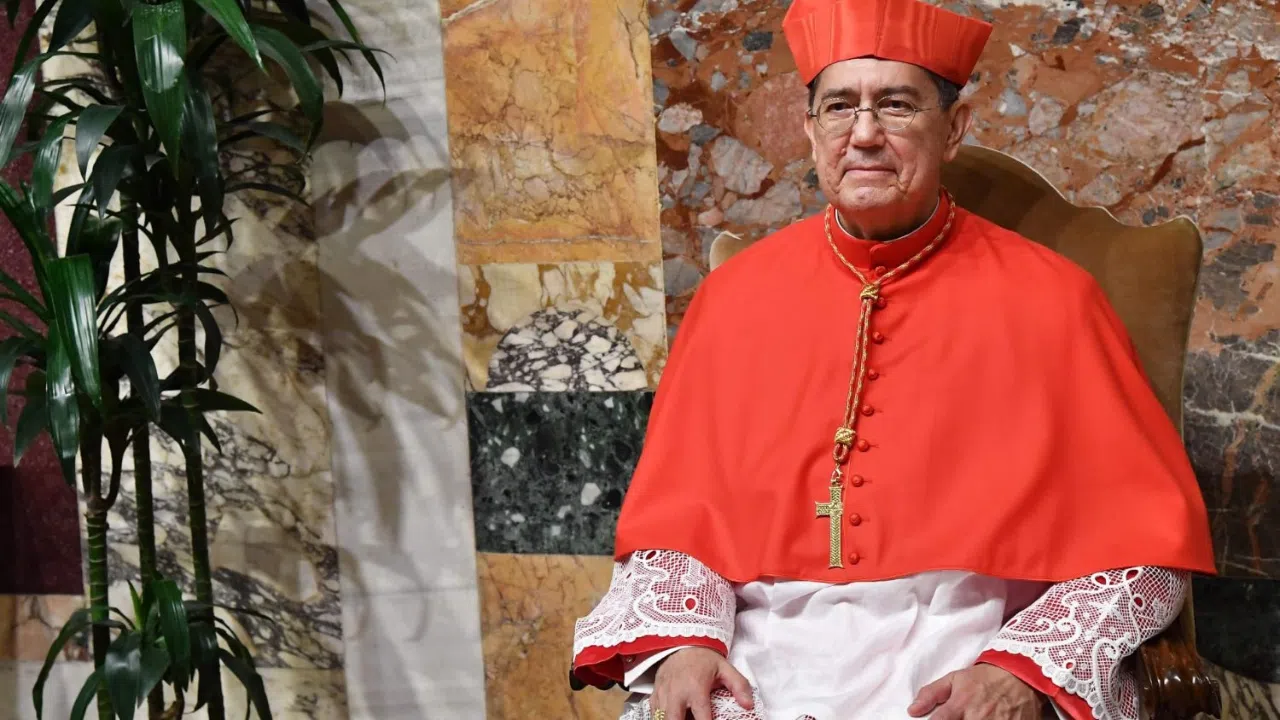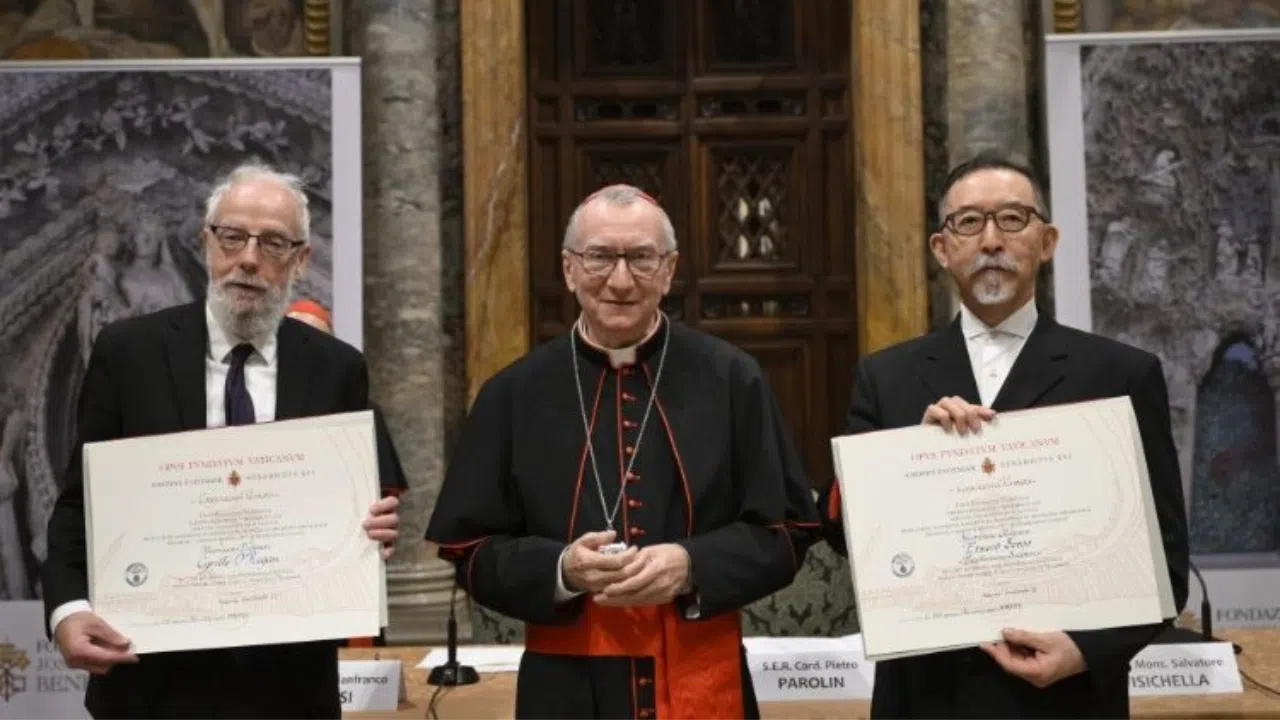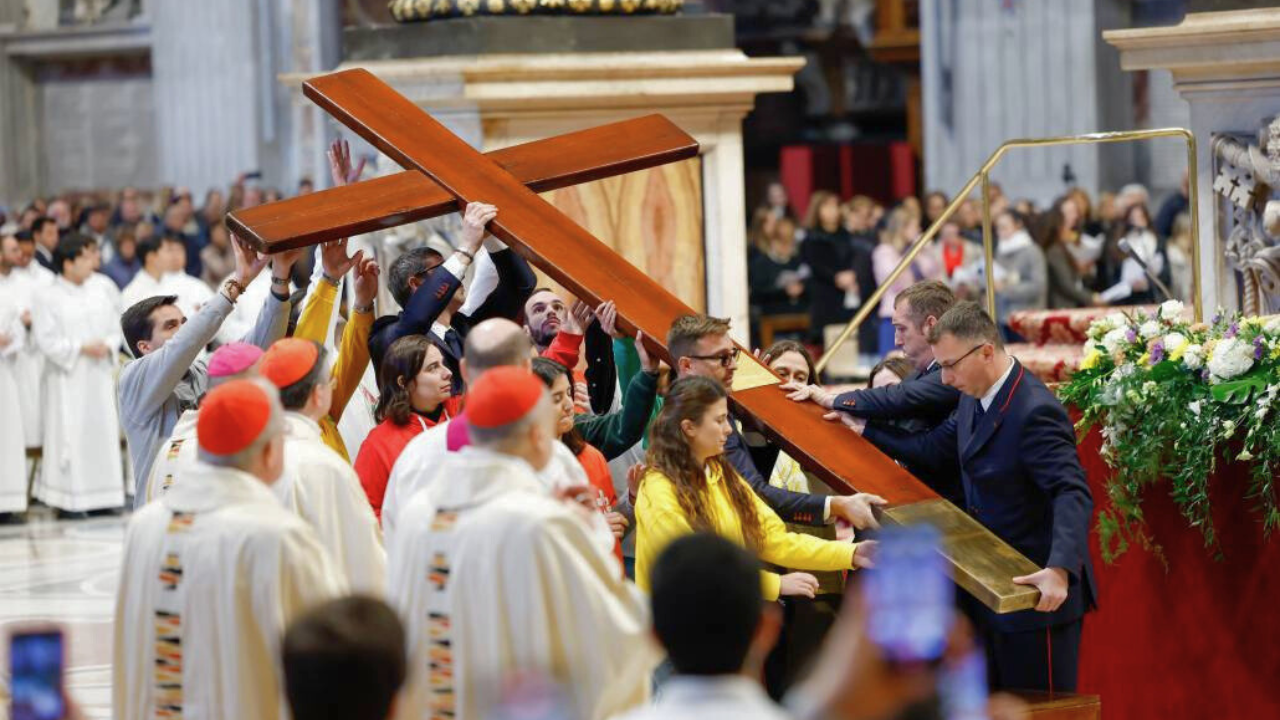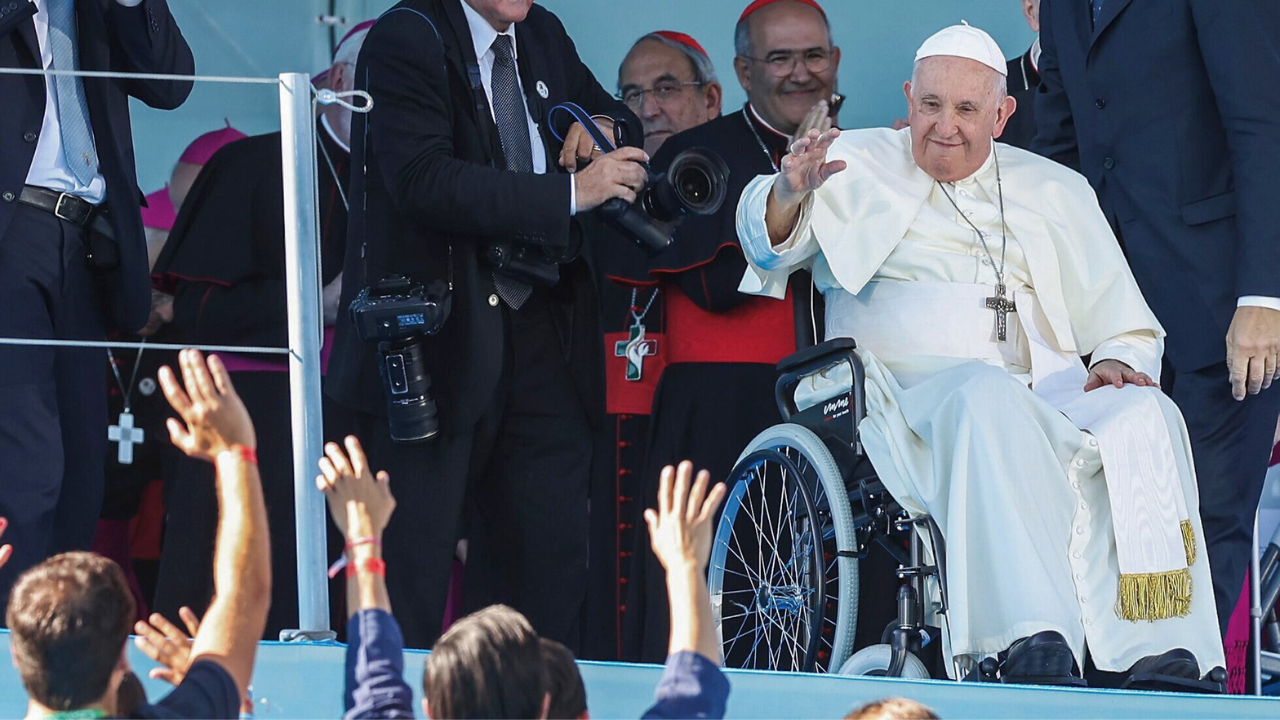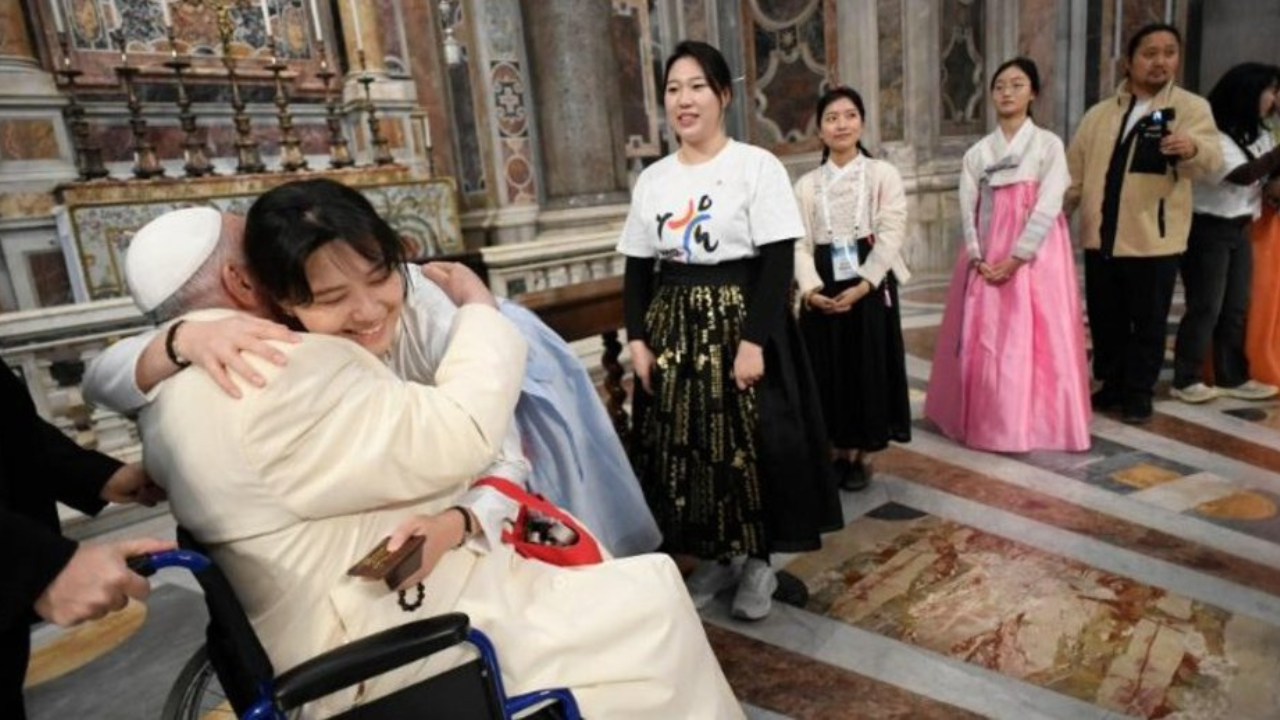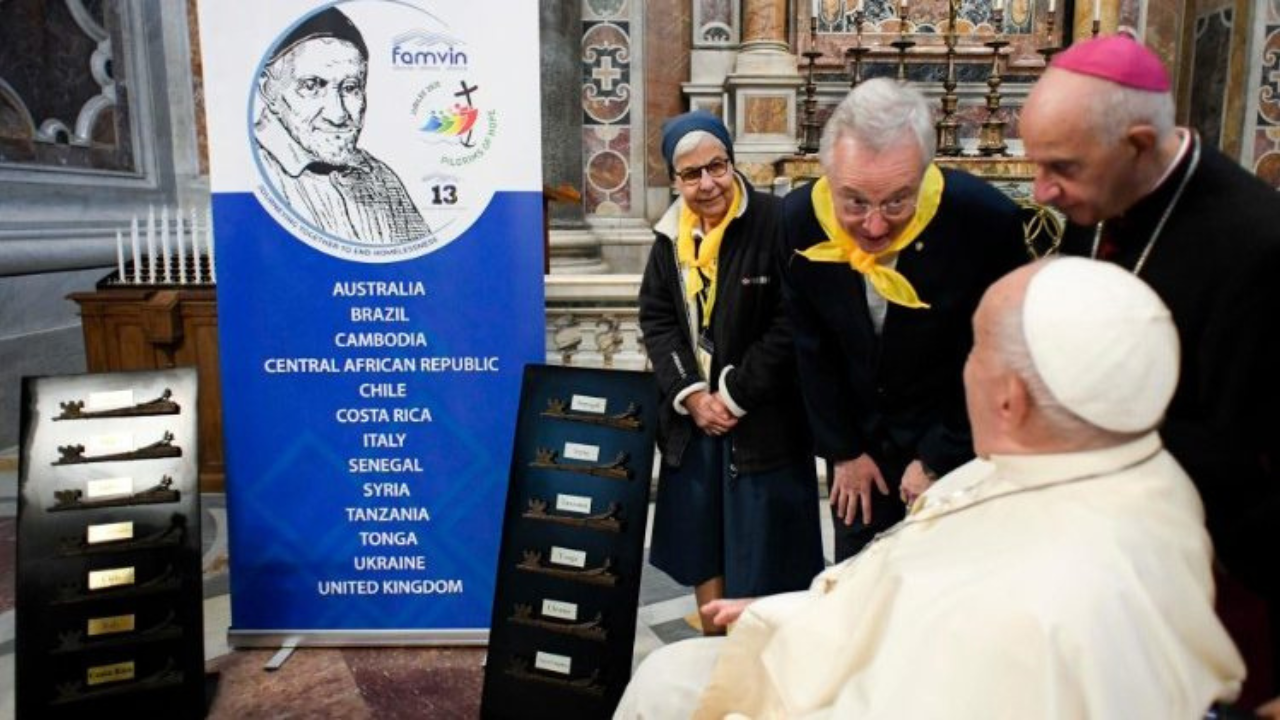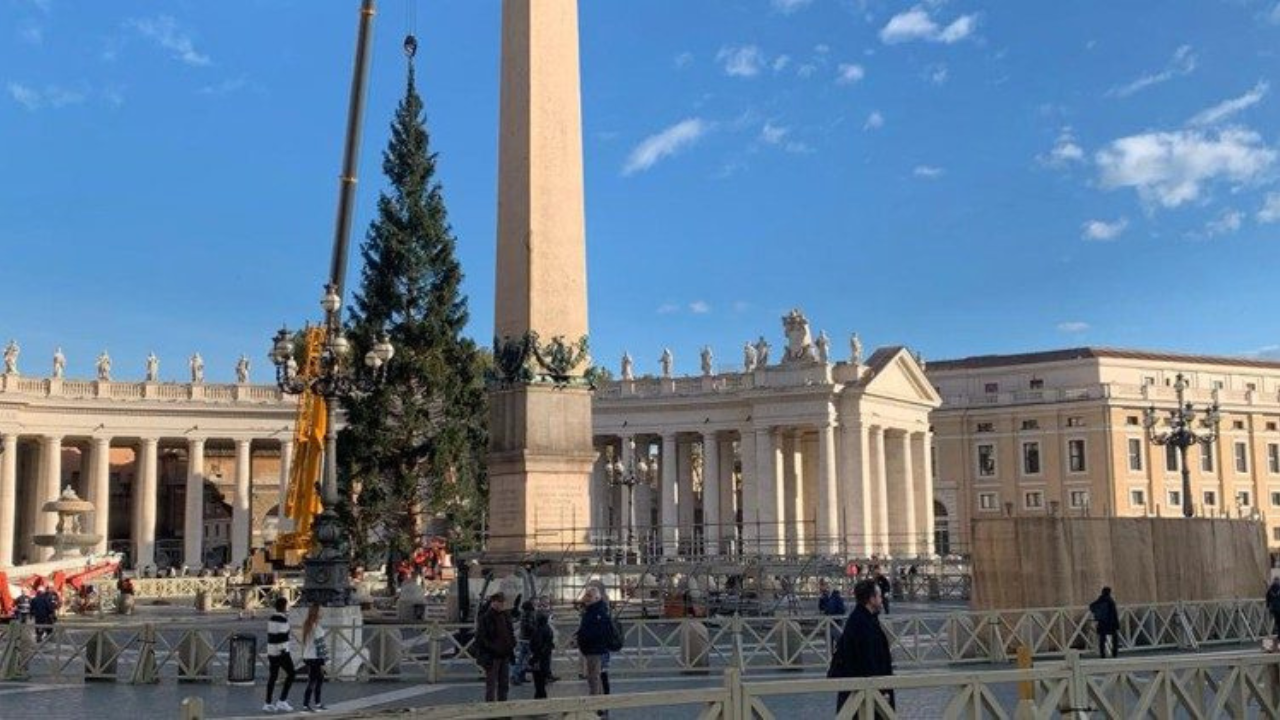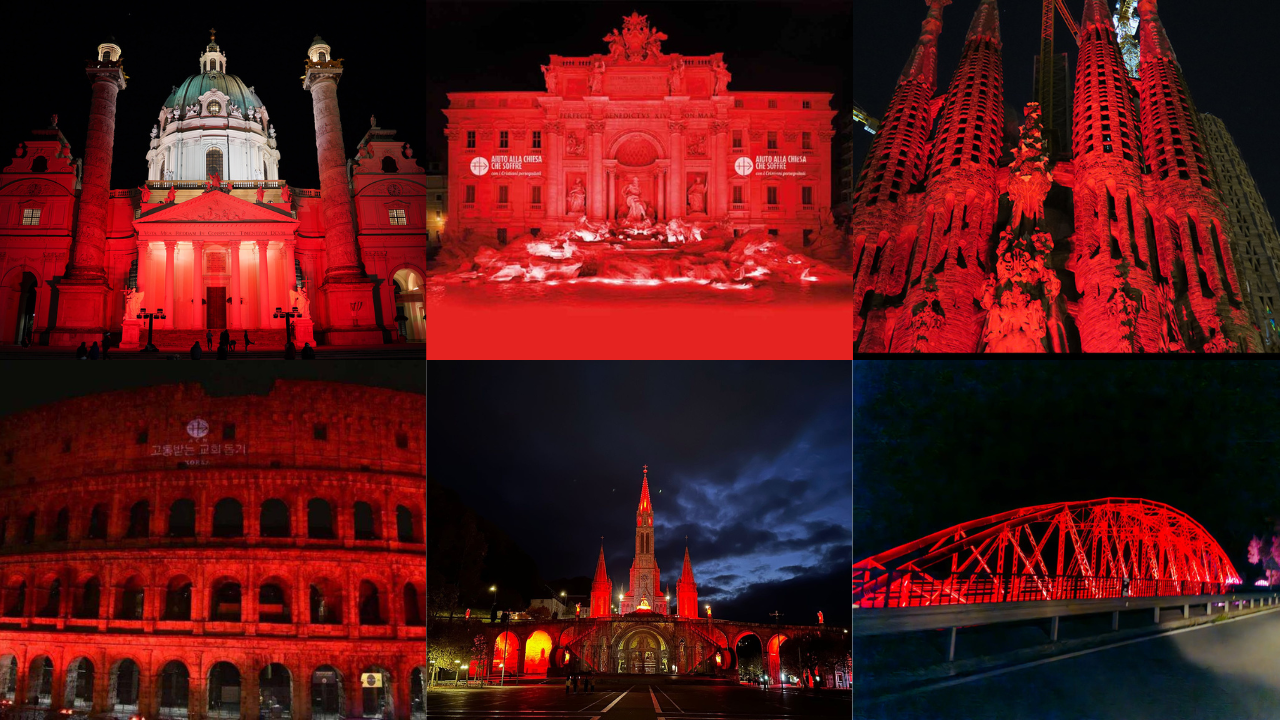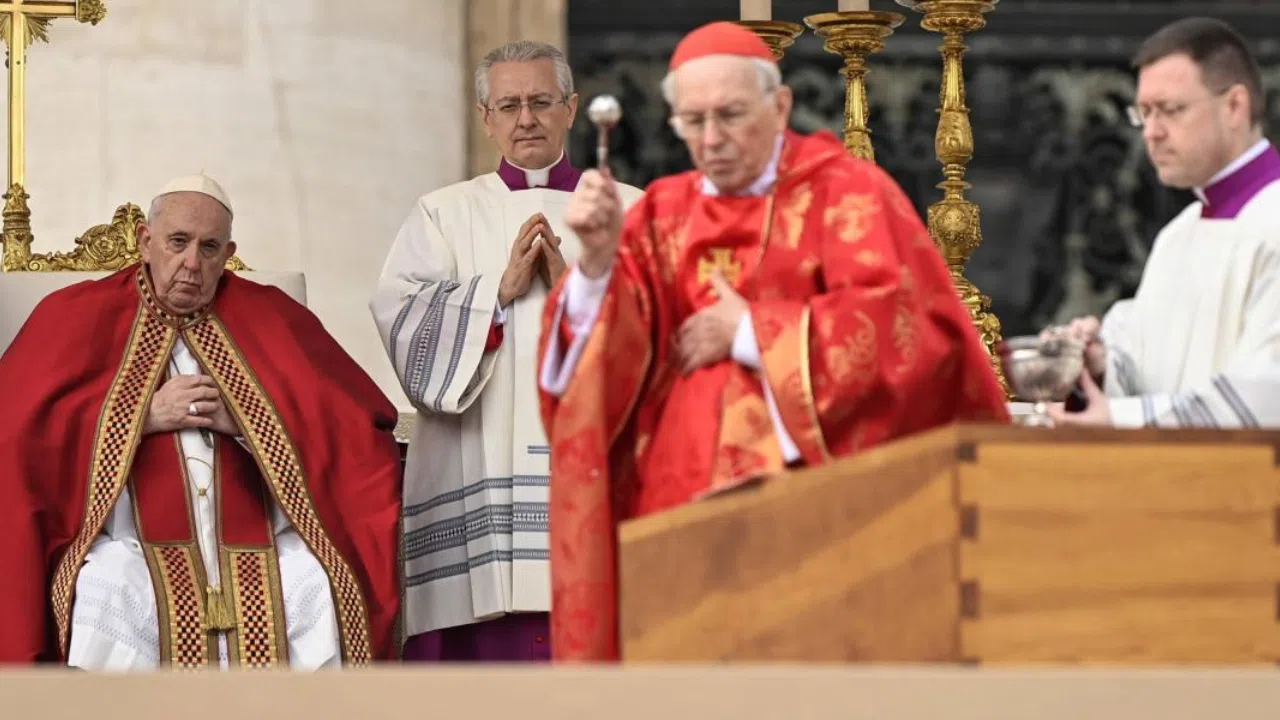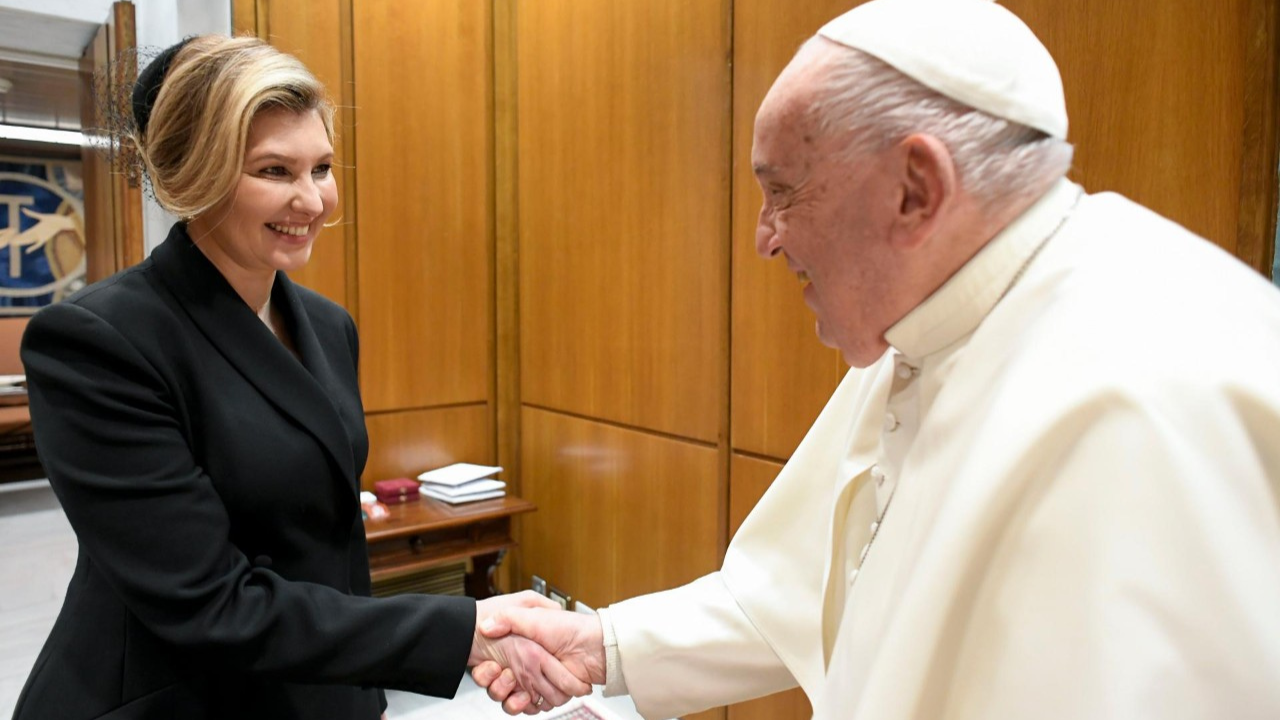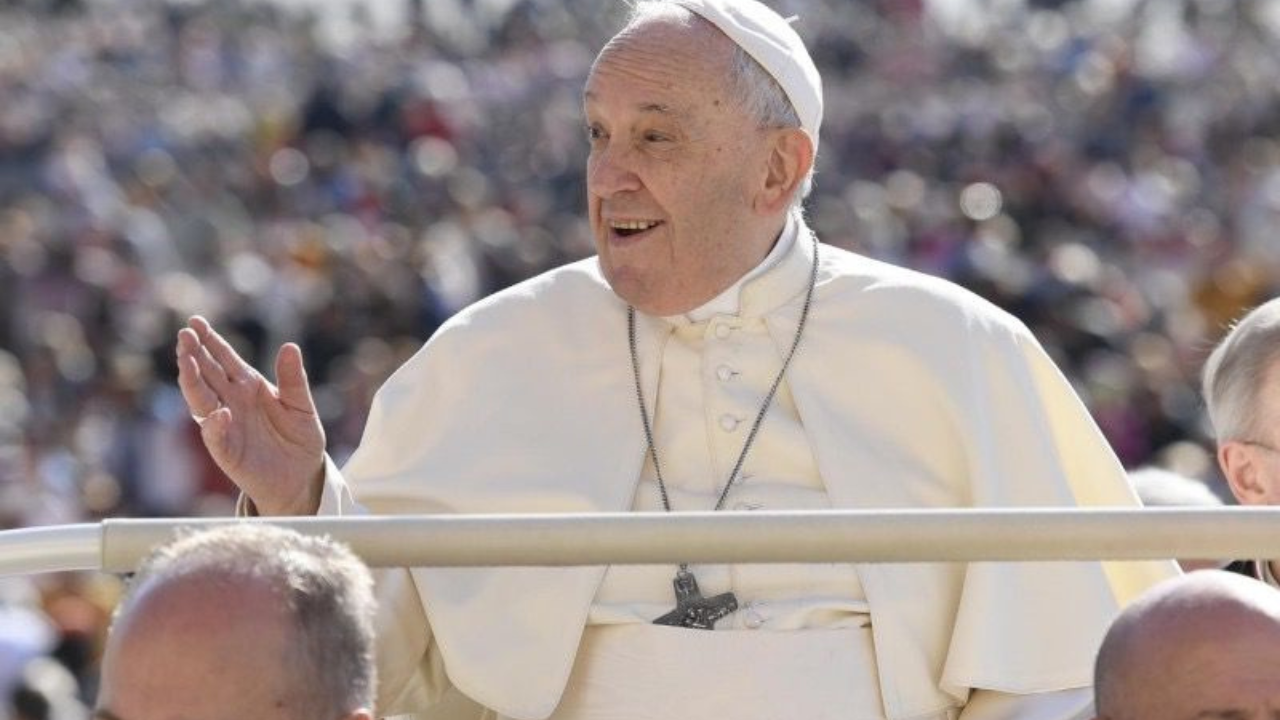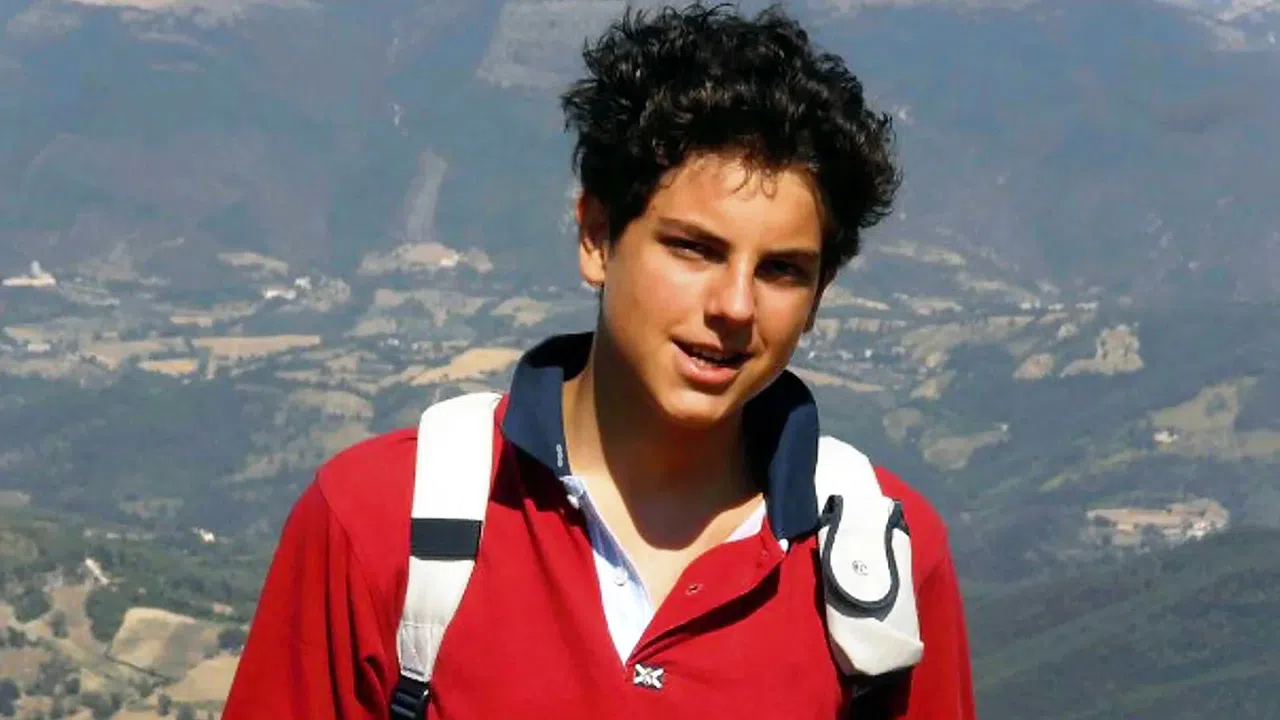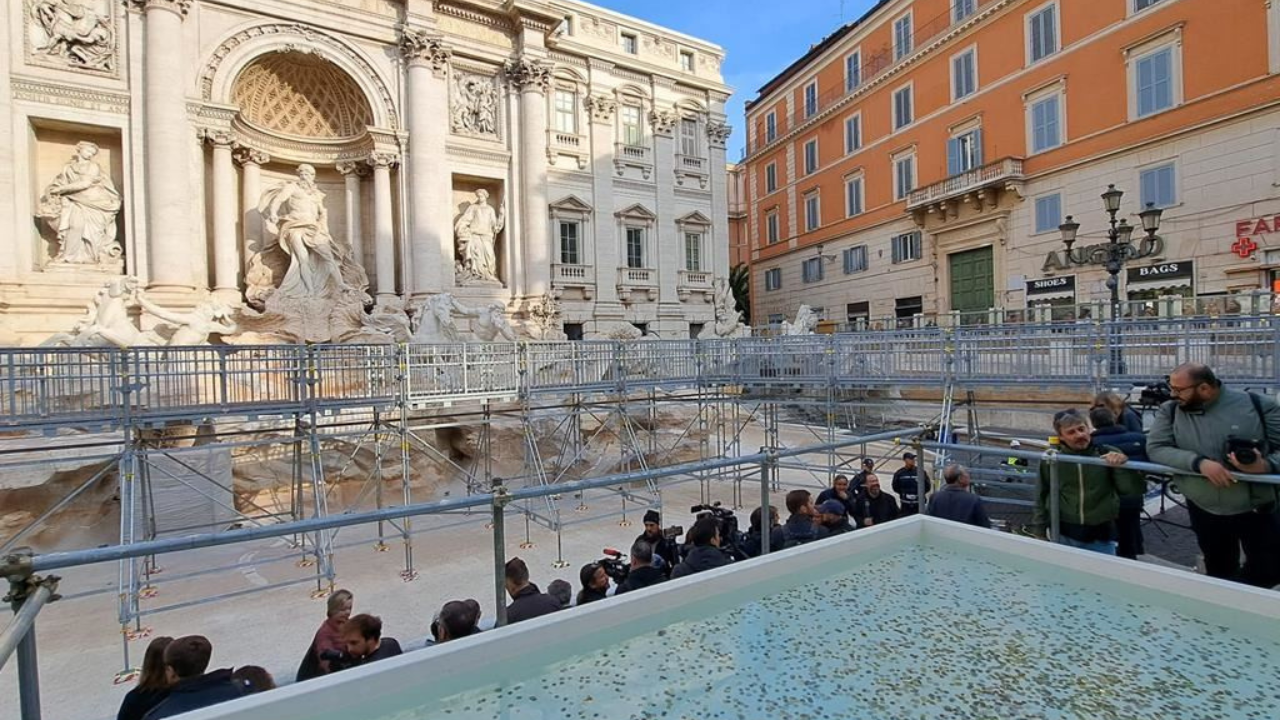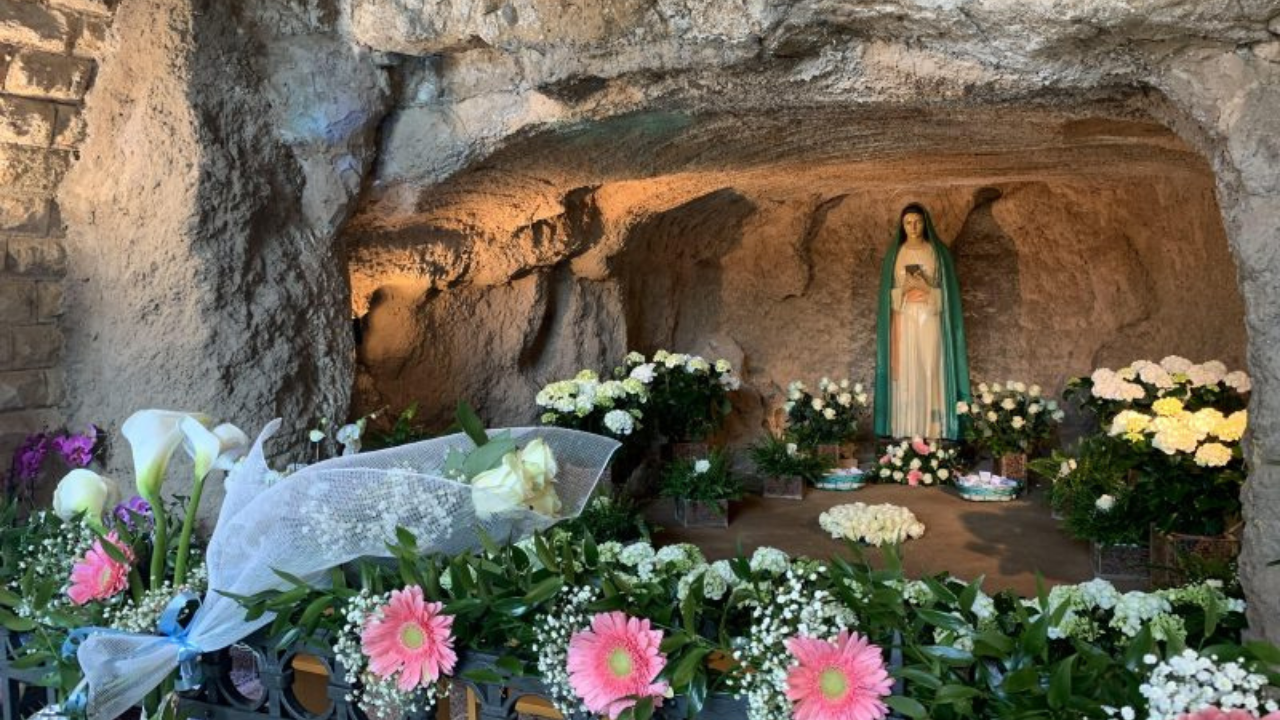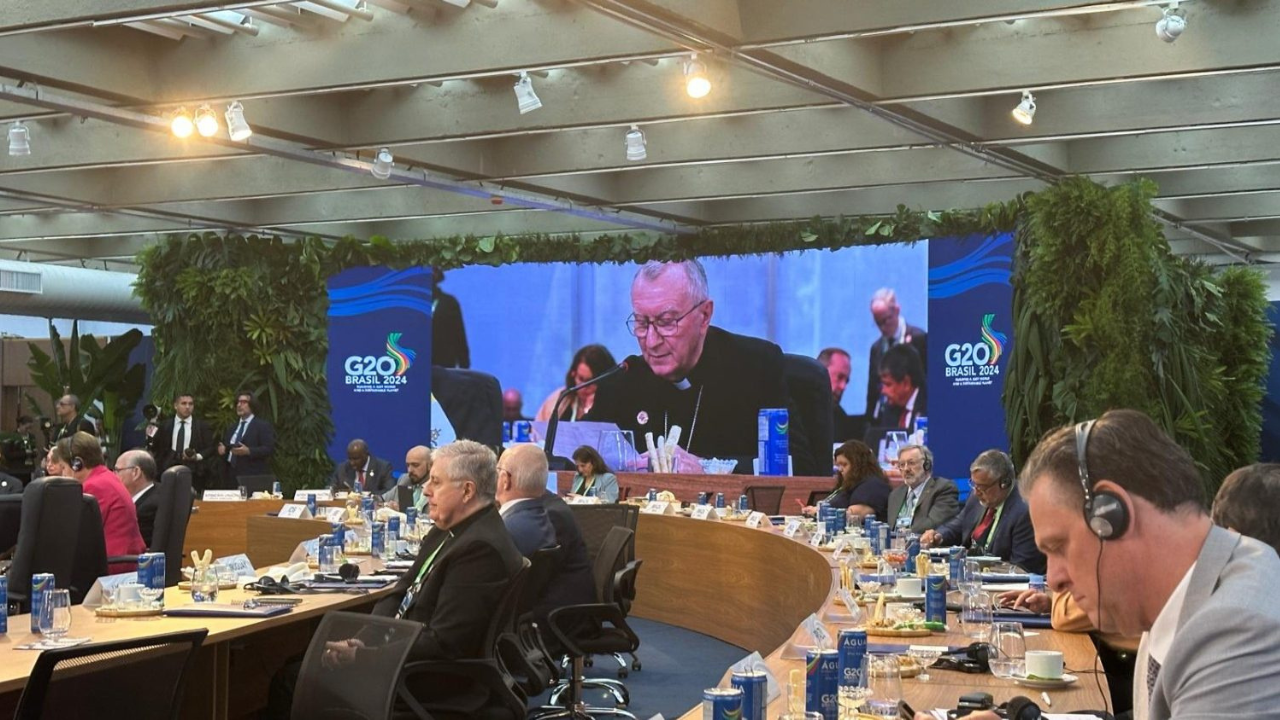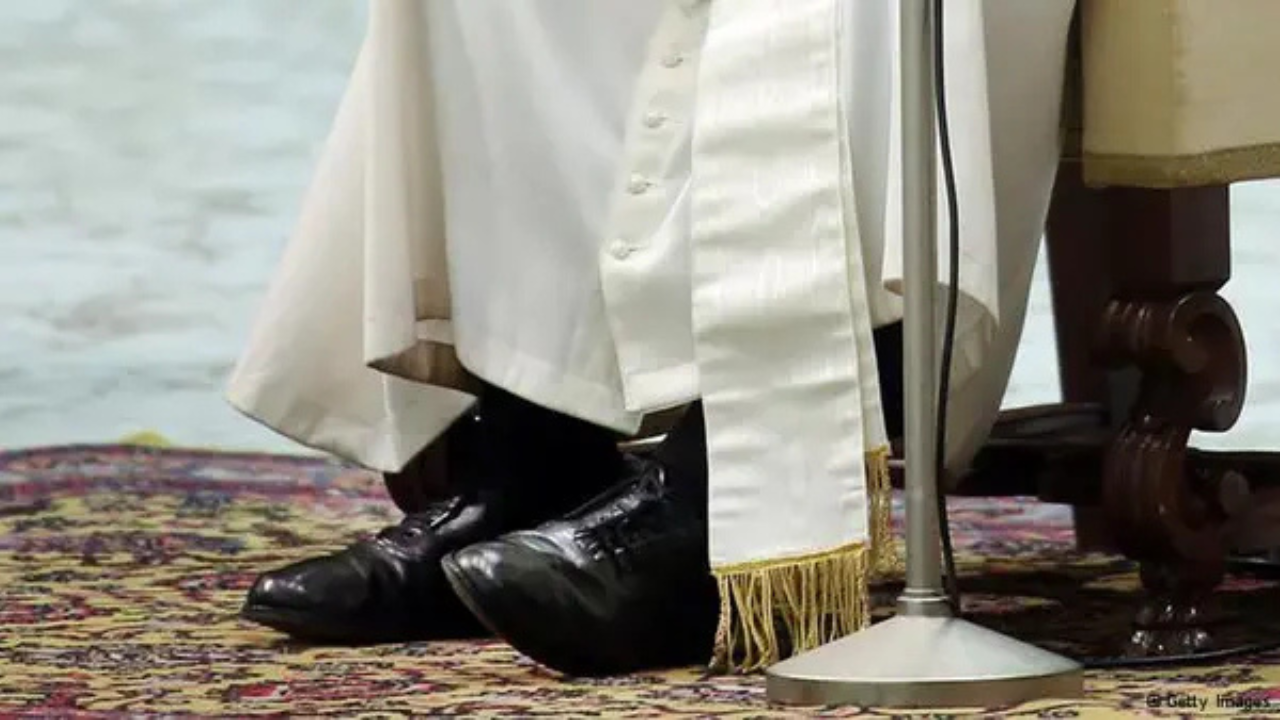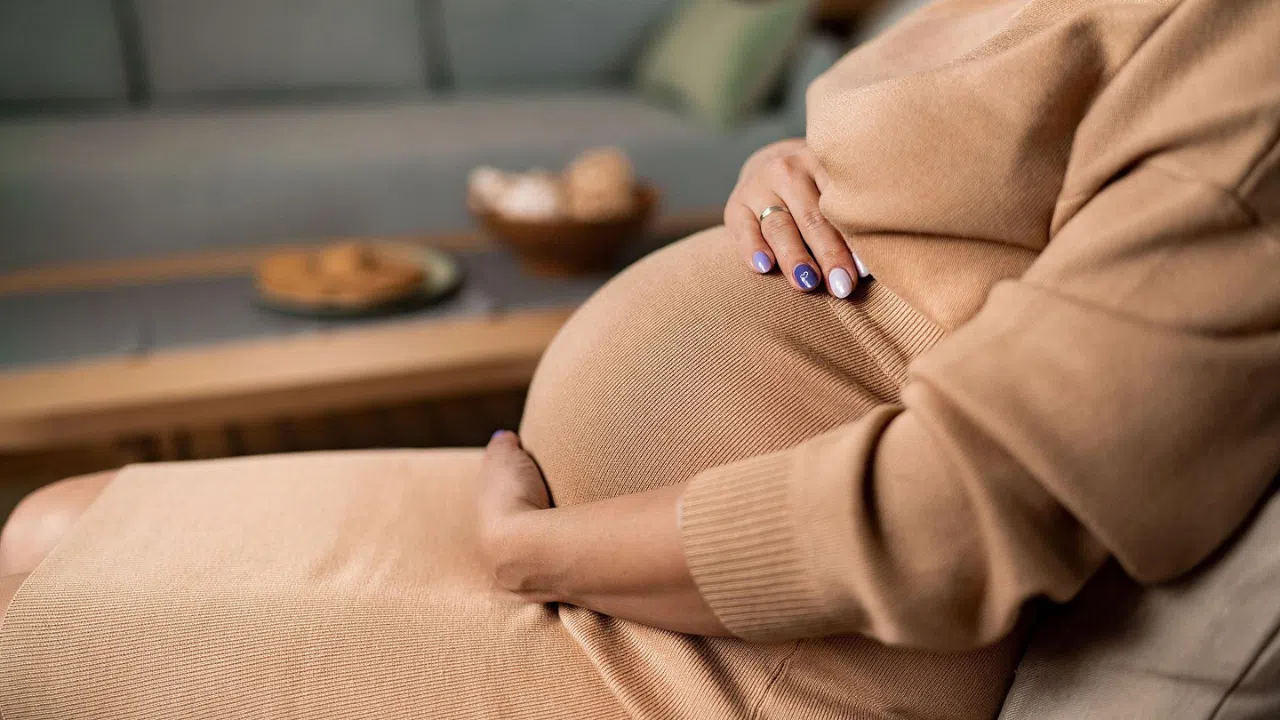When Pope Francis delivers his address to the United States Congress, he'll be speaking to a group familiar with his message. About nine out of ten members of Congress are Christian. In fact, nearly one third are Catholic.
And the politicians in Congress represent just a fraction of the Catholic politicians in the U.S. There are thousands of city councilmen and women, mayors, state legislators, governors, and other elected officials who identify as Catholic.
And while these politicians may be familiar with the Pope's ideas, they don't always agree with him.
The Pope's speech to Congress could cause some discomfort for its audience. That's because remaining true to the faith is a challenge for every Catholic politician.
MICHAEL DRIESSEN
Prof. John Cabot University (Italy)
'There is a real political debate going on, which he is walking straight into. And which he has impacted and he has led in many ways.â?
The Pope has spoken forcefully about a diverse range of issues, from global warming, to abortion, to the death penalty.
There are few, if any, Catholic politicians who agree with the Pope on every issue. But does that make them bad Catholics?
It depends on the gravity of the issue and how directly responsible the politician is. A civic leader's position on abortion will come under closer scrutiny than her opinion about zoning ordinances.
Another answer came from the Congregation for the Doctrine of Faith in 2002, when it published a famous note about 'The Participation of Catholics in Political Life.â?
The Note reads, 'The social doctrine of the Church is not an intrusion into the government of individual countries. It is a question of the lay Catholicâ??s duty to be morally coherent, found within oneâ??s conscience, which is one and indivisible.â?
While the Church usually does not involve itself in specific policy arguments, it believes that Catholic leaders' views should be coherent with the faith.
This is easier said than done. One prominent Catholic mayor described the 'tensionâ? he experiences between his beliefs and his public life.
MARTY WALSH
Mayor of Boston (USA)
'I've had that tension a couple times in my time as a legislator and now as mayor. But again, my relationship with my Church is my spiritual connection with my God. And I think that's important to keep up front. Not saying the Church is right or wrong, or I'm right or wrong, or people are right or wrong, it's just that I'm elected to represent people of all different faiths and people of no faith, so I have to keep that into consideration.â?
Today, Catholics are more or less equally divided between the nation's two biggest parties. According to CNN, President Obama won 50 percent of the Catholic vote in 2012. His Republican challenger Mitt Romney won 48 percent.
Neither party can say it fully aligns with the Church's teaching. Democrats are generally more likely to agree with Pope Francis' views on immigration and the environment. Republicans typically join the Pope's opposition to gay marriage and abortion.
These differences have led many Democratic and Republican politicians to say that they live their religious life separately from their public life. A cardinal who helped Pope Francis prepare his ecology encyclical said that this is a mistake.
CARD. PETER TURKSON
June 18, 2015
'It is a separation that is a little bit artificial. And I wish that we would move away from such artificial categories and divisions...It is important for politicians to realize they cannot do this with a split personality.â?
Catholic politicians often succeed politically at the expense of their personal religious beliefs.
For example, Democrats with national ambitions back abortion rights to gain support from the rest of their party. Likewise, Republicans running for president feel pressure from their political base to take hardline immigration stances.
Turkson suggested that it's not just politicians who face these kinds of moral dilemmas.
CARD. PETER TURKSON
June 18, 2015
'It's a question that at a certain point invites us to make a fundamental decision. What, at the end of the day, is the goal you want?â?
The United States remains deeply conflicted on a series of issues, and politicians represent those divisions. But one top U.S. official doesn't think the Pope is necessarily concerned about easing polarization in the country.
KENNETH HACKETT
U.S. Ambassador to the Holy See
'I don't think the Pope is going there to mend divisions, or whether he's even worried about the differences of opinion in the United States. What I believe he'll do in the United States, as he's done elsewhere, is hold up important values and principles and speak to those.â?
During his address to Congress and the United Nations, the Pope will certainly speak about the his and the Church's moral beliefs. The question is: Will he be able to change minds too?
ATO
RR/MG/AA
V
-PR
Up:ATO
